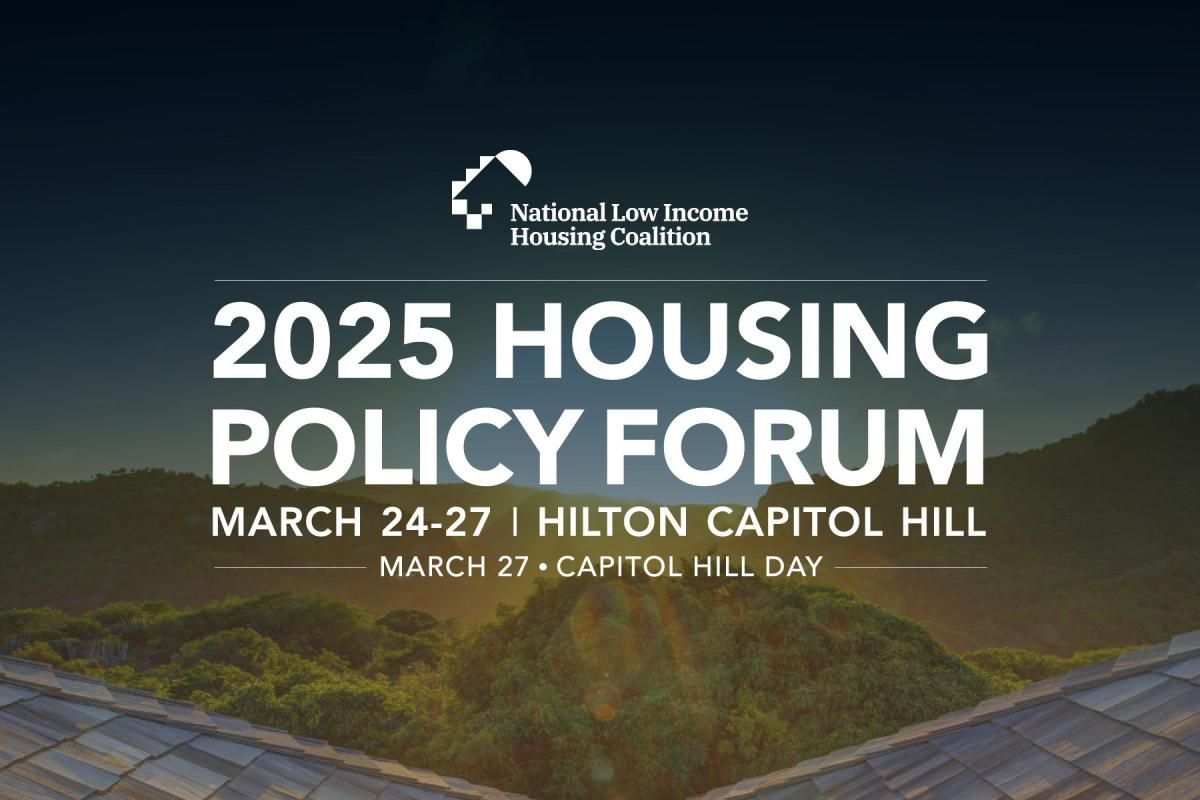On March 3, 2025, the U.S. Department of Housing and Urban Development (HUD) published its stripped-down version of the Affirmatively Furthering Fair Housing (AFFH) Rule in the Federal Register. This interim final rule repeals the 2021 interim final rule, including any parts of the 2015 AFFH Rule incorporated therein, and the 1994 AI requirements where they appear in regulation or guidance.
The Affirmatively Furthering Fair Housing (AFFH) Rule is intended to implement a provision of the Fair Housing Act of 1968, which banned housing discrimination and predatory real estate practices. The AFFH was designed to help local governments and housing agencies proactively address persistent barriers to fair housing and equal opportunity. Learn more about the history of the Fair Housing Act and the AFFH rule at the National Fair Housing Alliance.
Under the new AFFH Interim Final Rule (IFR), jurisdictions will still be required to certify that they are affirmatively furthering fair housing (AFFH). However, these certifications will be deemed sufficient as long as the jurisdiction took any action during the period that is rationally related to promoting fair housing, such as efforts to eliminate housing discrimination or to improve housing conditions. Unlike previous requirements, jurisdictions will not need to provide detailed reports or justifications to demonstrate compliance.
The rule will be finalized on April 2, 2025. HUD is inviting public comment on the IFR for a 60-day period until May 2, 2025 and has said that all feedback will be considered as part of its ongoing review to ensure consistency. Comments can be submitted to the Federal Register: Federal Register: Affirmatively Furthering Fair Housing Revisions.
To support stakeholders in the AFFH public comment process, PolicyLink has developed a public comment guide for the Biden Administration’s 2023 Proposed AFFH Rule. While the 2025 IFR differs from the 2023 proposed rule, the guidance in this resource are relevant. The Guide provides essential tools to help individuals and organizations craft strong, equity-focused comments, including: strategies for advancing equity in public comments, An overview of the federal rulemaking and public comment process, a step-by-step guide to writing and submitting effective feedback, key data sources to strengthen your comment, Sample language tailored for organizations across sectors
PolicyLink Comment on 2023 Proposed AFFH Rule
PolicyLink Full Comment Guide for the 2023 proposed AFFH Rule
Despite this shift at the federal level, states and local jurisdictions can continue to implement their own policies and planning efforts to promote inclusive communities.
Explore more about AFFH and access additional advocacy tools:
Alliance for Housing Justice: Understanding AFFH - Affirmatively Furthering Fair Housing | AHJ
National Fair Housing Alliance: Affirmatively Furthering Fair Housing - NFHA
National Housing Law Project: Affirmatively Furthering Fair Housing | NHLP
National Low Income Housing Coalition: Racial Equity and Fair Housing: Affirmatively Furthering Fair Housing (AFFH)
PRRAC: Affirmatively Furthering Fair Housing (AFFH)
Read the March 3, 2025 PolicyLink article.



 Date: Saturday, March 29, 2025.
Date: Saturday, March 29, 2025. Time: 12:00 p.m. – 3:00 p.m. (GMT-04:00) Eastern Time (US & Canada).
Time: 12:00 p.m. – 3:00 p.m. (GMT-04:00) Eastern Time (US & Canada). Location: Tawes Ballroom, Coppin State University.
Location: Tawes Ballroom, Coppin State University.





